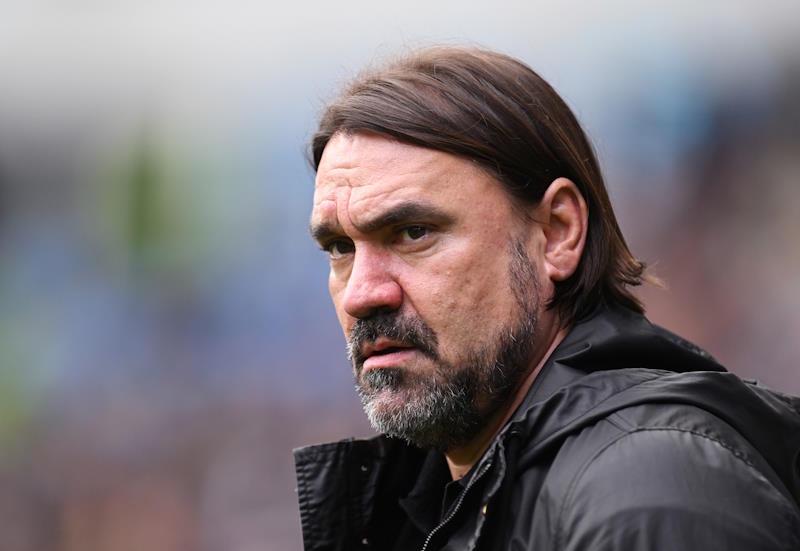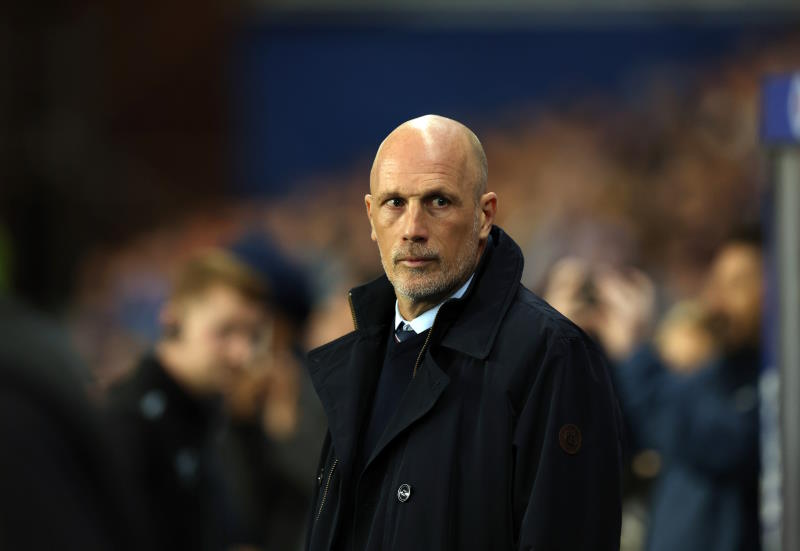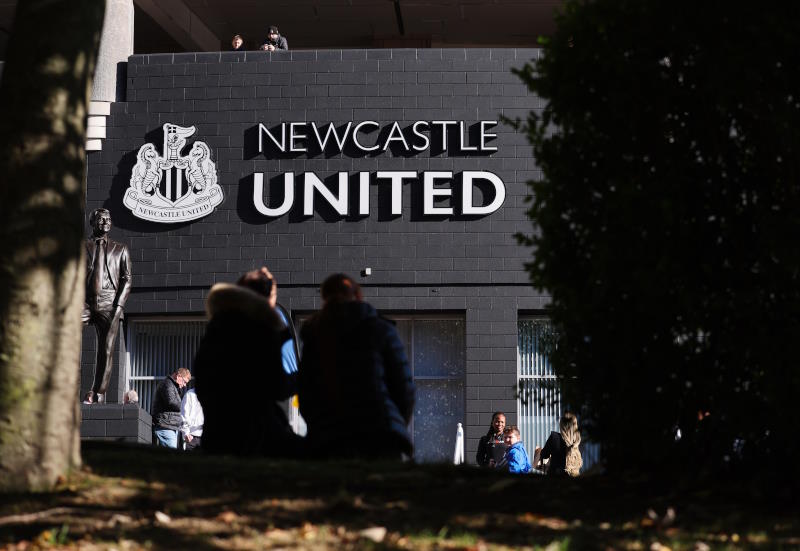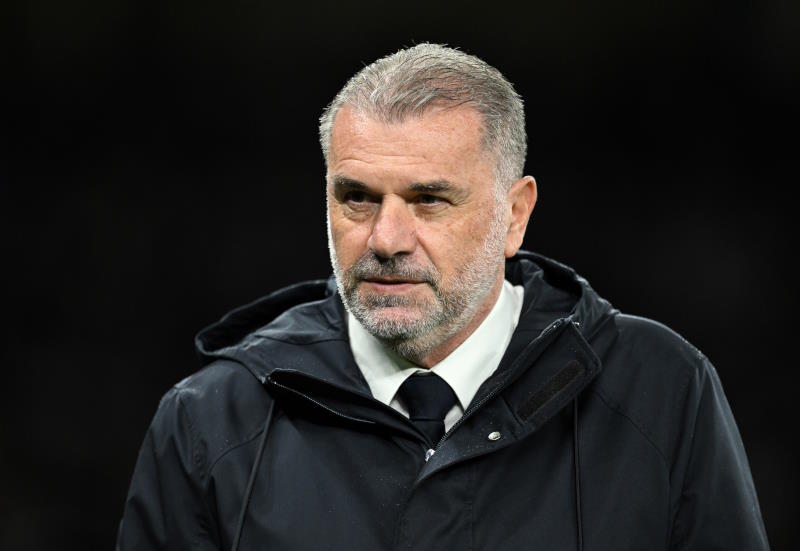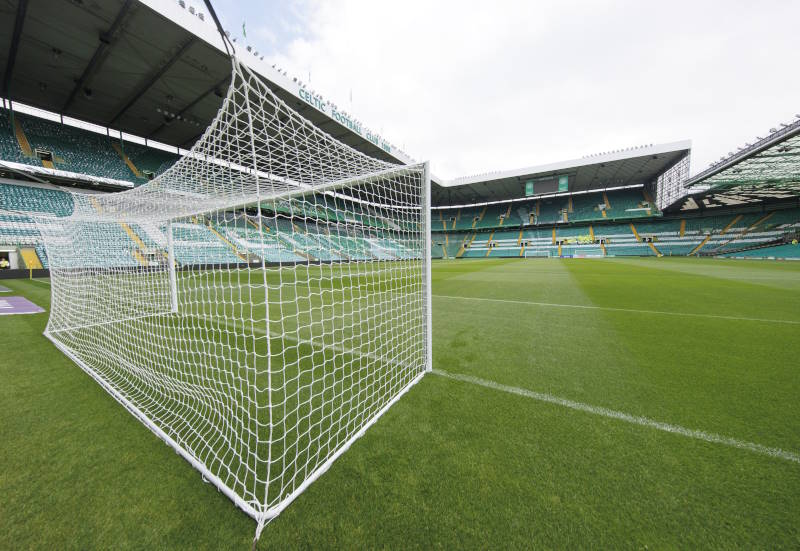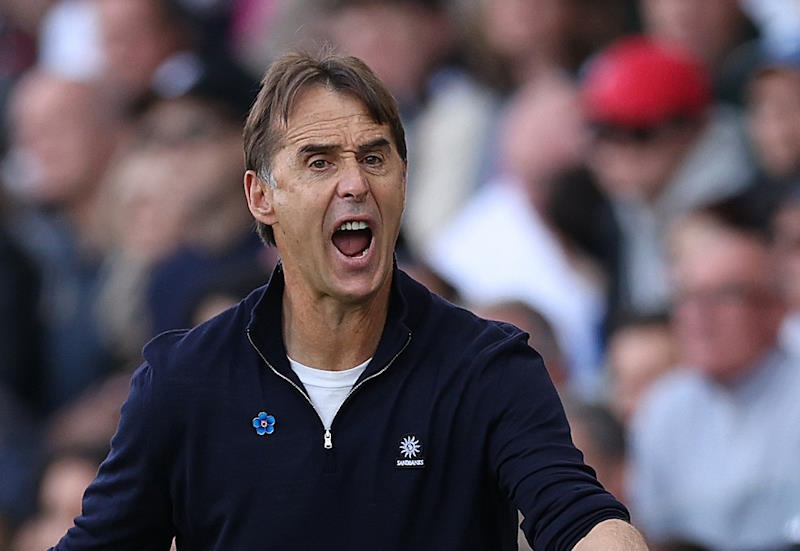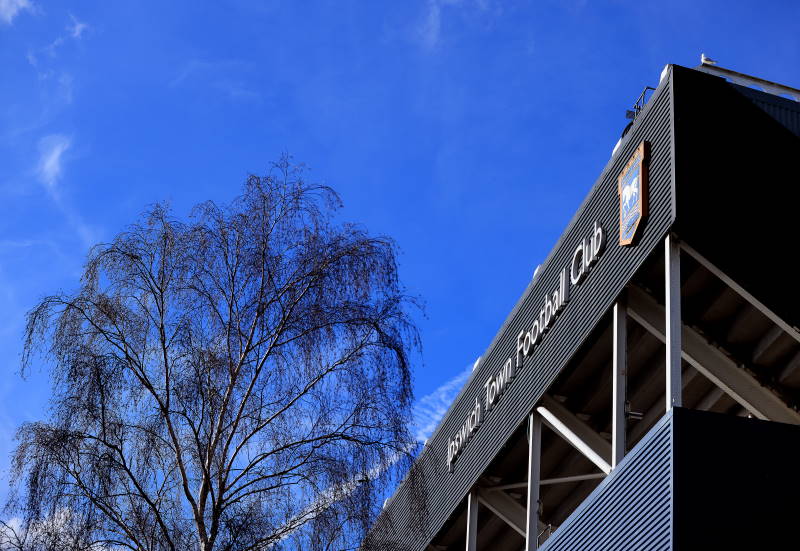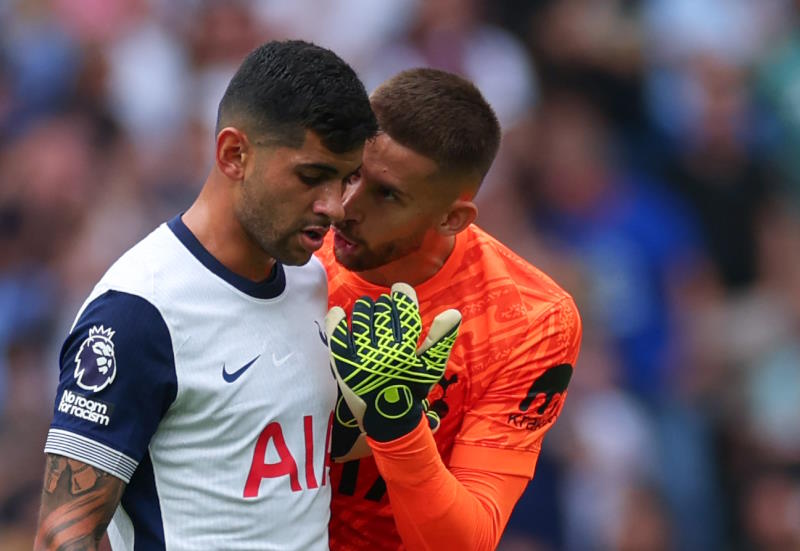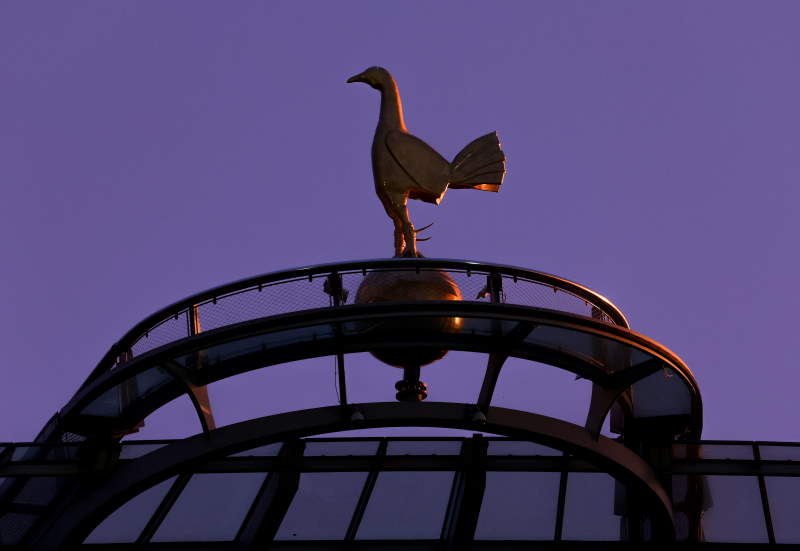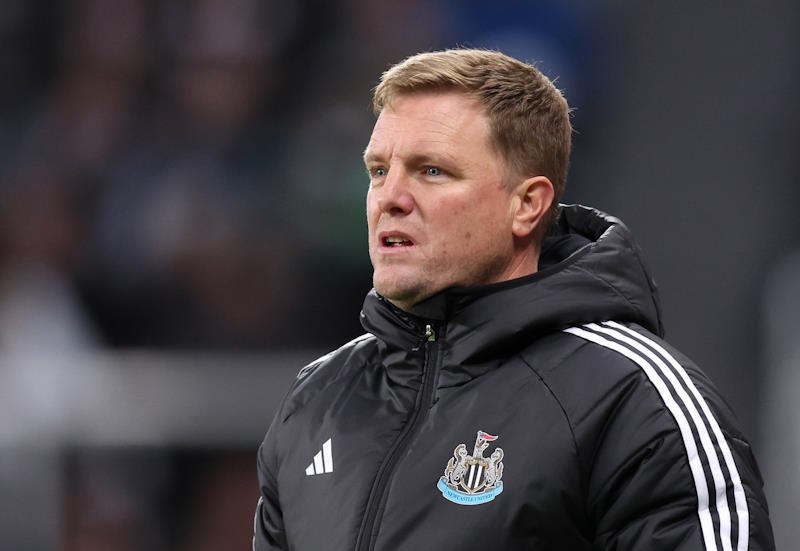
The 2002 World Cup ended with Brazil back on top of the world game and with Ronaldo looking close to the player who cut defences to shreds in his prime. Captain Cafu raised the trophy and the Brazilians were champions for the fifth time.
But just as the Brazilians’ sense of joy brought the tournament to a fitting end, the opening game set the tone for a series of surprises. And for that fans watching the World Cup across the globe had tournament debutants Senegal to thank.
The Senegalese exceeded expectations in reaching the World Cup in Japan and South Korea and were drawn in Group A alongside much fancied France, Denmark and Uruguay. Admittedly, it was a far less daunting prospect than Group F featuring Argentina, England, Sweden and Nigeria, but expectations were still low for the newcomers.
Facing current world and European champions France in the opening game of their first World Cup appearance sounded like a recipe for disaster. The nerves, the atmosphere and the brilliance of the French seemed to make for a perilous cocktail and, even though France were without the injured Zinedine Zidane, pessimists feared that it might be a colossal mismatch.
Yet it did not turn out that way. Senegal walked onto the pitch in Seoul in front of more than 62,500 fans and wrote their names into the history books. With a game plan designed to harry and frustrate Thierry Henry, David Trezeguet and company, Senegal steadied themselves then left fans all over the world open mouthed by taking a shock lead.
It might not have been the classiest goal in World Cup history but few can have been celebrated in such unique style. Papa Bouba Diop, whose performances in the tournament would earn him a transfer to Fulham, was the hero, bundling the ball past Fabien Barthez after fine work from El-Hadji Diouf. Diop then raced over to the corner flag, threw off his shirt and was joined by his team-mates in dancing around it.
The French players looked shell-shocked and never recovered their poise. They continued to labour in possession and Diouf’s pace posed endless problems on the counter attack. A team that had conquered all before them on the big stage in the past two major competitions were suddenly looking extremely vulnerable.
Henry threatened late on but the Senegal defence held firm to secure the most improbable of victories. Their 1-0 win ranked right up there alongside the great World Cup upsets and, out of nowhere, the Senegalese appeared dangerous opponents with their blend of athleticism and commitment.
In their second group game, Senegal’s belief was tested early as they fell behind to Denmark – yet they refused to be rattled. Beating the French had just bonded the squad closer together and it was hardly a surprise to see the Senegalese level seven minutes into the second half. Salif Diao, making a name for himself with combative midfield displays, stepped up to net the crucial equaliser.
Diao was later sent off and Senegal had to settle for a 1-1 draw but the result looked even better when France and Uruguay played out a goalless draw that evening. Now, a win or draw against the Uruguayans in the final group game would be enough to send Senegal into the second round.
The adventure continued at a scorching pace as Senegal took a 3-0 lead over Uruguay before the break. Khalilou Fadiga’s penalty and two efforts from Diop seemed to have settled matters but the Senegalese were caught out in the second half as Alvaro Recoba and Diego Forlan took control. Uruguay completed a remarkable comeback as Recoba slotted an 88th minute penalty to make it 3-3 but Senegal hung on and took their place in the last 16.
The second round paired Senegal with Sweden, the surprise winners of the Group of Death. Diop, Diouf and company would be underdogs but the Swedes were certainly beatable – and, considering that the Senegalese might have faced Argentina or England, it looked like a good match up.
In Oita, Senegal attempted to take the next step on their heart-warming journey. But they made a disastrous start as Henrik Larsson put the Swedes in front after just 11 minutes and, as Senegal struggled to impose themselves, there was a sense that they might have run out of steam.
But striker Henri Camara had other ideas and, as Senegal found their stride, he fired a low equaliser past Sweden goalkeeper Magnus Hedman. Though there were some decent openings, there would be no more goals in normal time and so the Senegalese headed for extra-time, which seemed to favour their energetic style.
And Senegal duly struck the golden goal that propelled them into the quarter-finals. Moments after the Swedes had hit the woodwork, Camara grabbed the headlines with his second of the game as his shot cannoned home off the post, sending the Senegal fans into a frenzy.
Argentina, France and Italy were all out but Senegal were into the last eight. Pundits were still scratching their heads as to how this had happened but all agreed it was adding great entertainment to the World Cup. Next up, the Senegalese would have to overcome Turkey, another gritty, well-organised opponent.
Again Senegal refused to back down against a more established opponent. The fearless, pacy attacks and physical midfield battling had become their trademarks and the Turks, on a good run of their own, were denied again and again.
The game headed into extra-time, which again seemed to suit the Senegal players. But this time, there would be no shock. Whether it was the exhaustion from the previous round or just the magnitude of the moment was unclear but Senegal were sunk by a knockout blow as Ilhan Mansiz struck a golden goal four minutes into extra-time. The reward of a semi-final clash with Brazil went to Turkey.
Senegal were understandably devastated but once the dust settled they could reflect on a remarkable World Cup debut that few football fans would ever forget. Numerous players attracted bids from European clubs and used the World Cup to launch their club careers. There was no doubt that the Senegalese, alongside the Brazilians and South Koreans, who surged into the last four in fairytale fashion on home soil, were one of the stories of the 2002 World Cup.
And so as Brazil celebrated with the trophy, it was impossible not to think of the Senegalese, who had ensured that a great tournament got off to a thrilling start.

